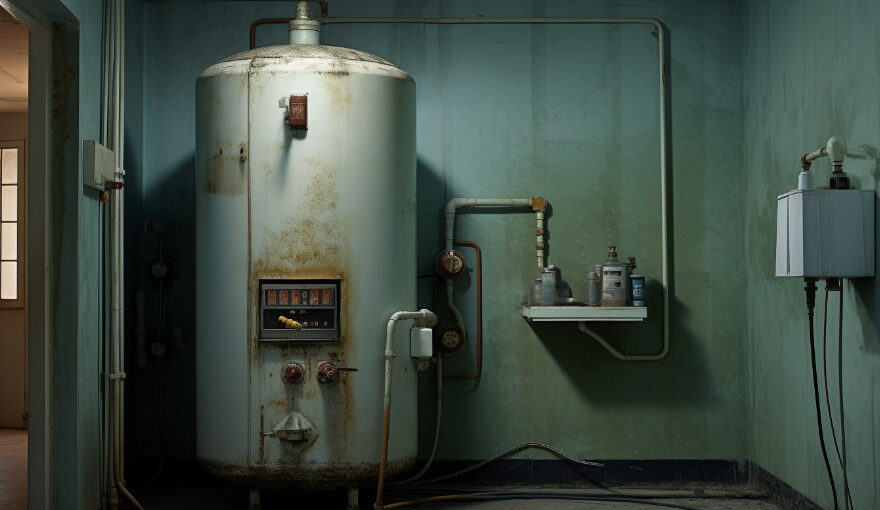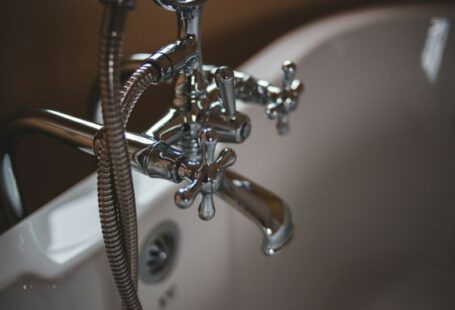When your trusty water heater starts acting up, it’s natural to wonder whether it’s time for a repair or a replacement. After all, no one wants to endure cold showers or deal with a flood in the basement. But how do you know which option is the right one for you? In this article, we will explore the factors to consider when making this important decision.
Assess the Age of Your Water Heater
The age of your water heater is an important factor to consider when deciding whether to repair or replace. On average, water heaters have a lifespan of 8 to 12 years. If your water heater is nearing the end of its expected lifespan and experiencing frequent issues, it might be more cost-effective to replace it rather than continually repair it.
Evaluate the Extent of the Problem
Next, you’ll want to evaluate the extent of the problem with your water heater. Minor issues such as a faulty thermostat or a leaking valve can often be repaired easily and at a relatively low cost. However, if the problem is more severe, such as a cracked tank or a malfunctioning heating element, the cost of repairs can quickly add up. In such cases, it may be more cost-effective to replace the entire unit.
Consider Energy Efficiency
Energy efficiency is another important factor to consider. Older water heaters tend to be less energy-efficient, leading to higher utility bills. If you find yourself constantly paying high energy bills, replacing your old water heater with a newer, more energy-efficient model can result in significant savings in the long run.
Factor in the Cost of Repairs
When deciding whether to repair or replace your water heater, it’s crucial to consider the cost of repairs. If the cost of repairs is significantly high and close to the price of a new water heater, it may be more financially prudent to opt for a replacement. Additionally, keep in mind that frequent repairs can quickly add up, making a replacement a more cost-effective option in the long term.
Think About Future Maintenance
Maintenance is another aspect to consider when deciding between repair and replacement. Older water heaters often require more frequent maintenance, which can be both time-consuming and expensive. On the other hand, newer models typically require less maintenance, saving you time and money in the long run. If you’re tired of dealing with the hassle of constant maintenance, a replacement might be the right choice for you.
Take Advantage of Technological Advancements
Advancements in technology have led to the development of more efficient and environmentally friendly water heaters. If you currently have an older model, replacing it with a newer one can provide you with improved features, such as better temperature control and faster heating times. Additionally, newer models often come with extended warranties, giving you peace of mind for years to come.
Conclusion: Make an Informed Decision
When it comes to deciding whether to repair or replace your water heater, it’s essential to weigh the age of your current unit, the extent of the problem, energy efficiency, the cost of repairs, future maintenance, and technological advancements. By considering these factors, you can make an informed decision that best suits your needs and budget. Remember, when in doubt, consult with a professional plumber who can provide expert advice tailored to your specific situation.



